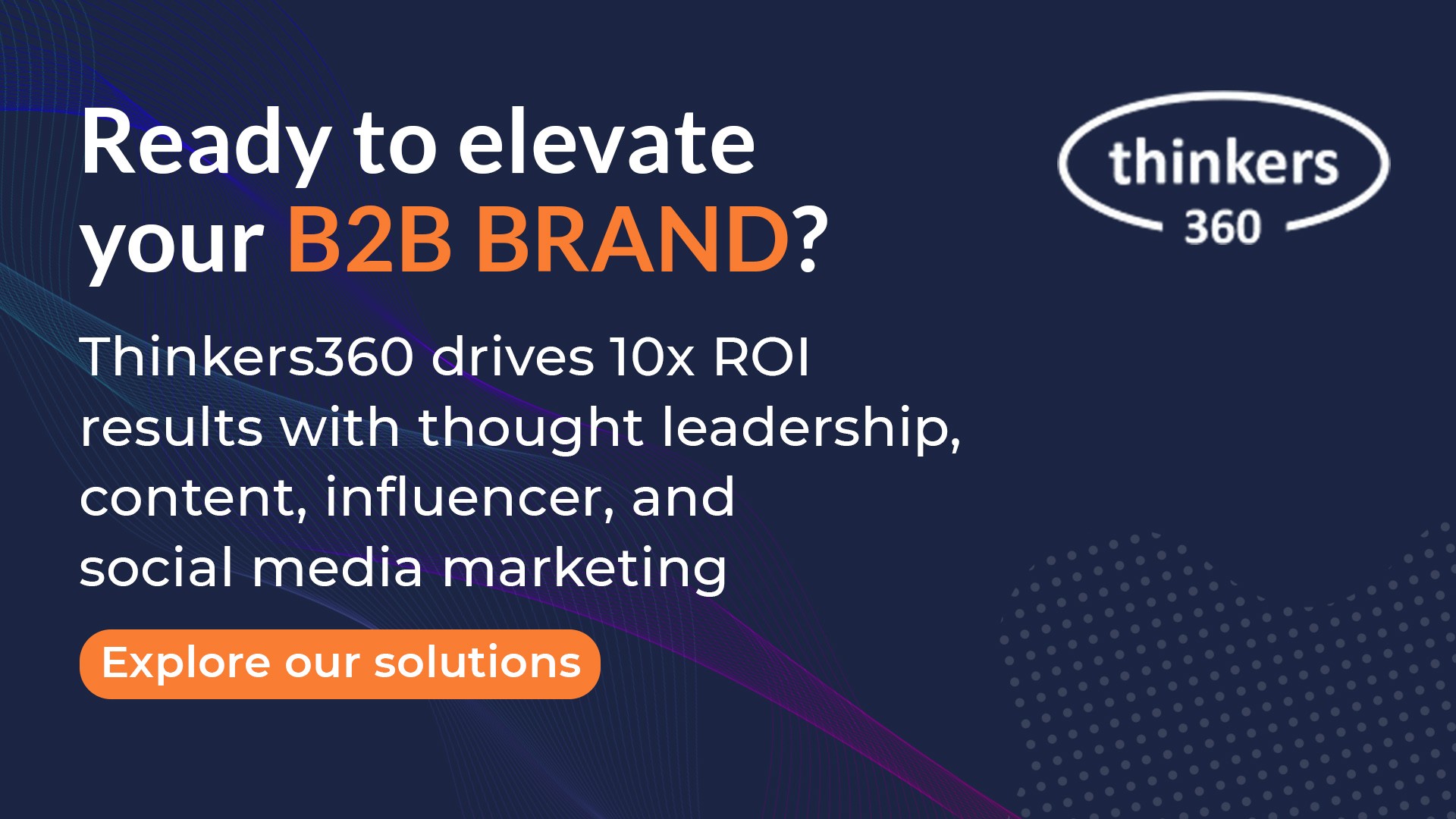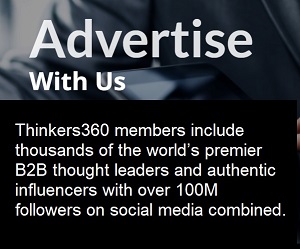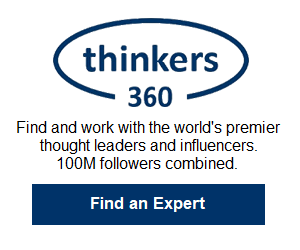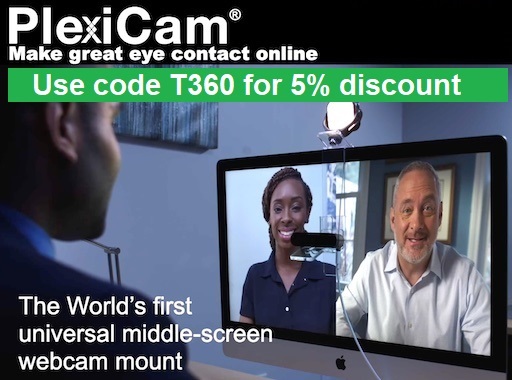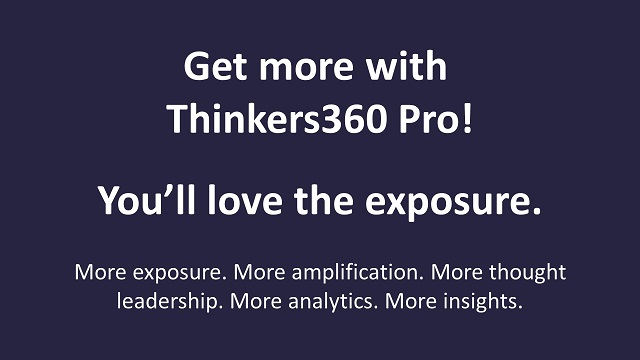Pre-employment personality assessments are sold as silver bullets for improving quality of hires. It makes sense that HR organizations would want to insure that the money spent on talent attraction would yield exceptional hires. Pre-employment assessment companies bank (literally) on this and offer their solutions to any organization that will listen.
But are these assessments really effective in predicting job performance and more importantly are they helping talent organizations find the best candidates for roles?
The short answer: probably not.
Personality assessments are often required for companies when selecting new hires. Such assessments can help to identify a job candidate's traits and capabilities, however, there are a number of flaws in pre-employment personality assessments that can make it a less accurate predictor of a successful hiring decision.
Most personality assessments have some level of bias baked in, aren't job-related, have questionable statistical reliability and validity, create legal risk, have significant cost implications, and give you an incomplete picture of the potential candidate you are trying to hire.
David Solot, Ph.D., Chief Scientist and Head of Product at Sciolytix, notes that "If you're using multiple choice tests and black-box AI to assess candidates, you've restricted your applicant pool to the people willing to tolerate it. Top Talent got out of that pool a while ago. They went to your competitor, who uses a job-centered simulation, who shares the results with them, and who uses ethical AI to inform the hiring process, not to make the final decision."
And it doesn't matter whether you're talking about the DISC, PI, Big 5, MBTI, or some other version of these tests that are repackaged under a different banner. Chris Williams, a former VP of HR at Microsoft and current executive coach, went so far as to say that many of the tests out there "aren't worth the time it takes to answer them. Every one of them can be gamed."

One of the biggest flaws with these types of pre-employment personality assessments sits with how they're used. Rather than being used as marginally prescriptive tools, they're often used as predictive tools.
I've spent years in the talent space and specifically in staffing and recruiting. This might be a Midwest anomaly, but I can think of hundreds of instances where quality candidates were refused interviews because they didn't "fit the profile" of what the assessment recommended. The exclusionary impact of these practices on the overall talent community and especially those members from underrepresented groups can't be understated.
Peren Sabuncu, Ph.D., Program Facilitator at the U.S. Department of State and CEO of True Alliance Group, goes even further and notes that "If candidates are chosen through pre-employment tests, your business has ALREADY (emphasis mine) failed. It shows a lack of clarity on what you really want in a candidate. You have delegated one of the most important communications processes to a non-human assessor." She goes on to suggest that the process for candidate selection should have a strong focus on development potential rather than the emphasis on personality fit.

While there are substantial risks and flaws associated with the use of pre-employment personality assessments, there are some limited use cases where they may have some value. A 2014 study by AJ Cline found correlations between construction superintendents’ personality characteristics and job performance. The study focused on the Big Five personality traits: openness, conscientiousness, extraversion, agreeableness, and neuroticism. The results indicated that conscientiousness was the most important factor in job performance.
The key here is that there were correlations found in a limited context. As we have often heard, correlation isn't causation. It's not uncommon for these types of limited results to be communicated in a much more definitive way by companies who market these instruments as the next organizational effectiveness silver bullet.
Dr. Casey DeBruyn, Change Management & Operational Readiness Consultant at Red Hat and Adjunct Faculty at Purdue University notes that "as organizations increase the use of pseudoscientific assessments in talent management and candidate selection, they may be unknowingly increasing their legal risk as well." Many organizations should be reevaluating how they are using these instruments due to a number of gaps in reliability and validity of their results.
If the goal for talent leaders is to improve quality of hire, they should consider rethinking their use of pre-employment personality assessments as part of the hiring process. When factoring in their loose statistical validity and reliability, risk of bias, sometimes exclusionary nature, and potential legal risk, talent leaders need to think deeply about how these assessments fit into their overall talent strategy.
That evaluation is rooted in a simple question: considering the risks, are these pre-employment personality assessments worth the risk to the organization?
Well, are they?
Upcoming Events:
Talent Strategy 60 - Why Leading w/ Values Builds Better Organizations (1/18/23 12:30 CST): https://www.linkedin.com/video/event/urn:li:ugcPost:7020429287467937792/ featuring Patrick Flanagan of Administrate and Jane Elizabeth Reddin of AlbionVC.
Cascading Leadership - Hamid Bangura podcast episode drops on all your major podcast platforms 1/19/23. Terrance Cooley interview drops on YouTube 1/18/23.
Circa - Diversity Sourcing Demo 1/18/23 12:00 CST https://circaworks.com/webinar-diversity-diversity-sourcing-demo-january-18-2023/
Sources:
"Correlations Between Construction Superintendents' Personality Characteristics and Job Performance."https://search.proquest.com/openview/bc7b824af35caa84072b5d102deb2f64/1?pq-origsite=gscholar&cbl=18750
"An Assessment of the Effectiveness of Personality, Intelligence, and Emotional Intelligence in Predicting Job Performance."https://search.proquest.com/openview/6db0b1da7c520f1520dd791fc710e752/1?pq-origsite=gscholar&cbl=18750&diss=y









